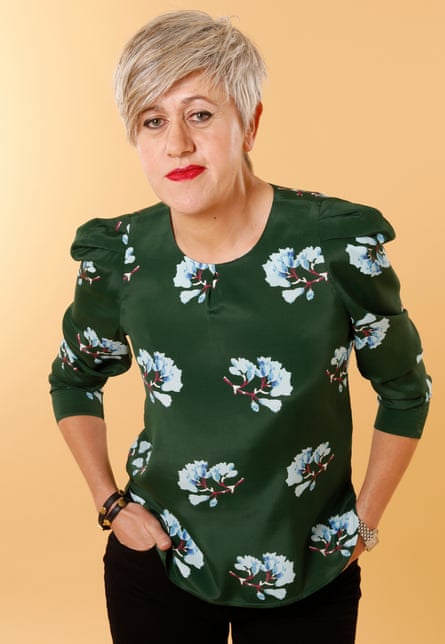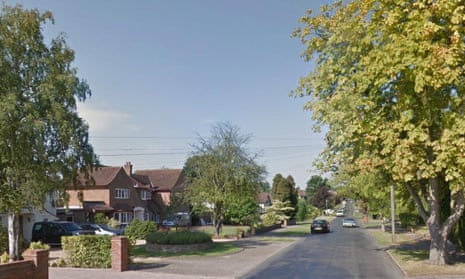I grew up in a village that wasn’t a village.
Brookmans Park in Hertfordshire, built mainly in the 1930s, was intended to be a garden city, but planning restrictions and the green belt stopped it in its tracks. From the 50s onwards it stayed as it was – a small commuter town, self-contained and insular. Not really rural, but not at all urban.
It was a lovely place to be a child. I rode my bike, walked the dog, pottered round the shops, and went to the library. The children’s books were on the bottom shelf so I’d sit on the floor and thumb my way through the tiny hardbacks of Ant and Bee, or Thomas the Tank Engine. Back at home Mum read all the Faraway Tree books to me and my sister. Moon-Face, Silky and the Saucepan Man were as real to me as the neighbours.

But then I became a teenager and suddenly this slice of suburban heaven felt like hell. Everything that had seemed cosy now seemed claustrophobic. I got into punk, and started going out to gigs, which raised eyebrows and had net curtains twitching. I felt trapped and thwarted. Brookmans Park was hostile to anything or anyone “different”. It seemed marooned in the past, scared of the future, hating the present.
London was just up the railway line, only half an hour away. Both my parents had grown up there, but for reasons I couldn’t understand, they had stranded me on the outskirts. The narrowness and conventionality of Brookmans Park made me long to escape.
Up in my bedroom, listening to records with the door tight shut, or playing my London-bought guitar, I’d read every word of the NME, absorbing ideas and attitudes from Julie Burchill, Paul Morley and Ian Penman. I tried to reinvent myself as an urban hipster by reading lots of Camus and Sartre, little of which I understood. More use was George Orwell, whose books I adored. Something about that clarity of style rang a bell with me.
I read Billie Holiday’s autobiography, Lady Sings the Blues, but hardly any other books by women, which was dumb. I was instinctively rebelling against the restrictions of being a girl, but didn’t read any books that offered comfort, or a realistic way out. Instead, I read things I thought would impress, carrying around a battered copy of Kerouac’s On the Road for a while, imagining myself to be the first teen ever to do this. A lonely beatnik in suburbia.
I knew I needed to get back to the city, which was where I felt I belonged. Although, of course, when I revisited Brookmans Park recently in the process of writing about it, I felt terribly at home there, as well as terribly out of place. I’m urban, but I have suburban bones.
